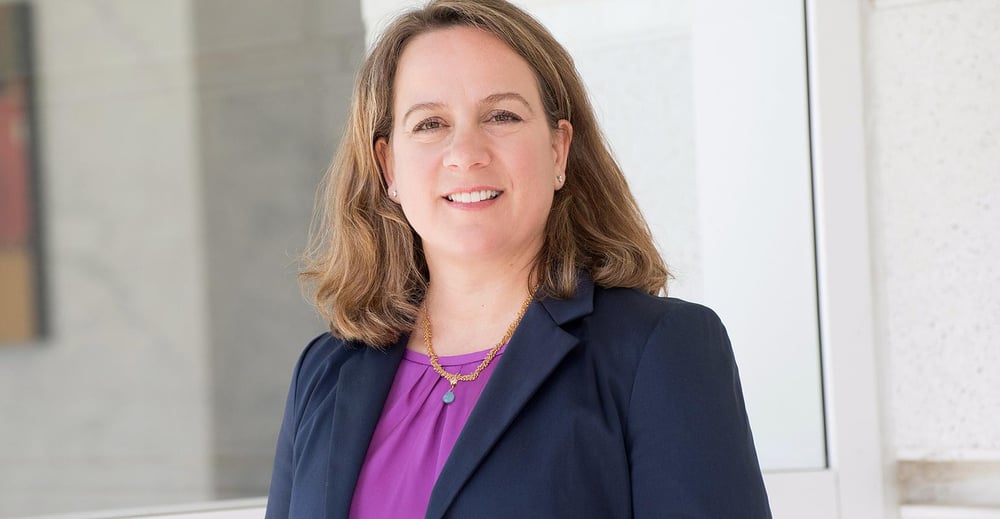

If you’re a founder of an RIA, you’re likely finally thriving after putting years of work into building your firm. To live the American dream, however, you need to stay at the top to keep that built-up success going. So how can one do that?
Natalie Wolfsen, CEO of Orion, who was one of the leading panelists on a goRIA webinar Thursday, sponsored by InvestmentNews, gave independent advisors several tips, strategies and insight to succeed on their path as an RIA. She outlines four strategies advisors should focus on. The first is to plan continual investment in technology.
“It's an arms race with technology,” she said. “There's so much innovation and creativity and so many new things that emerge every day in fintech and wealth tech. You need to make sure you have a partner that helps you keep your finger on the pulse of all that innovation, or you yourself are keeping your finger on the pulse of innovation.”
If advisors get too behind the eight ball on these processes, Wolfsen added, it’ll be hard to be competitive with other firms. To help with this, she advises RIAs not to purchase technology or construct their technology for the business they’re leading but rather, “have a view of where you want your business to go in,” she said.
Wolfsen points to an Orion study where they found that less than 10 percent of advisors feel they have all the technology they need. Results from JD Power, she added, found less than 50 percent of advisors who have technology and are content with it don't find it useful.
“The reason for that is the lack of integration in technology. My advice is don’t think about your technology, piece by piece but instead find ways for technology to be more integrated. For some advisors, that means you're buying all your technology for one firm. For other advisors, that means you're buying best of breed technology for each function.”
The second strategy she offers is making sure advisors don’t underestimate what data can do. Treat it as incredibly “precious.”
“Bad decisions early on about data can have profound consequences in terms of your flexibility and insight later on in the lifecycle of your firm,” Wolfsen noted.
It’s only when firms are small enough or are just starting out where having episodic access to data makes sense because it's easy to implement. After all, the business is at a scale where that works.
“When you have hundreds of thousands of clients, if you reach that stage of your evolution, those early data decisions have consequences,” Wolfsen added.
Her third and fourth success strategies revolve around leadership. Advisors should make sure they’re continually developing professionally by engaging in education from partner firms, industry associations and schools who are focused on financial planning and focused on wealth.
“Last but not least, make sure you have a strong team that complements you. If your team comes together with a common mission and a diverse set of experiences, there's really no stopping you,” Wolfsen said.

Relationships are key to our business but advisors are often slow to engage in specific activities designed to foster them.

Whichever path you go down, act now while you're still in control.

Pro-bitcoin professionals, however, say the cryptocurrency has ushered in change.

“LPL has evolved significantly over the last decade and still wants to scale up,” says one industry executive.

Survey findings from the Nationwide Retirement Institute offers pearls of planning wisdom from 60- to 65-year-olds, as well as insights into concerns.
Streamline your outreach with Aidentified's AI-driven solutions
This season’s market volatility: Positioning for rate relief, income growth and the AI rebound
